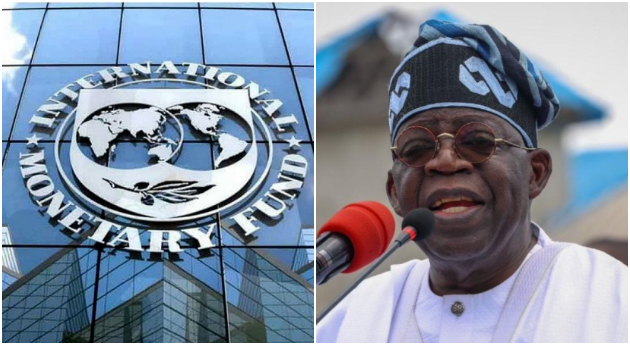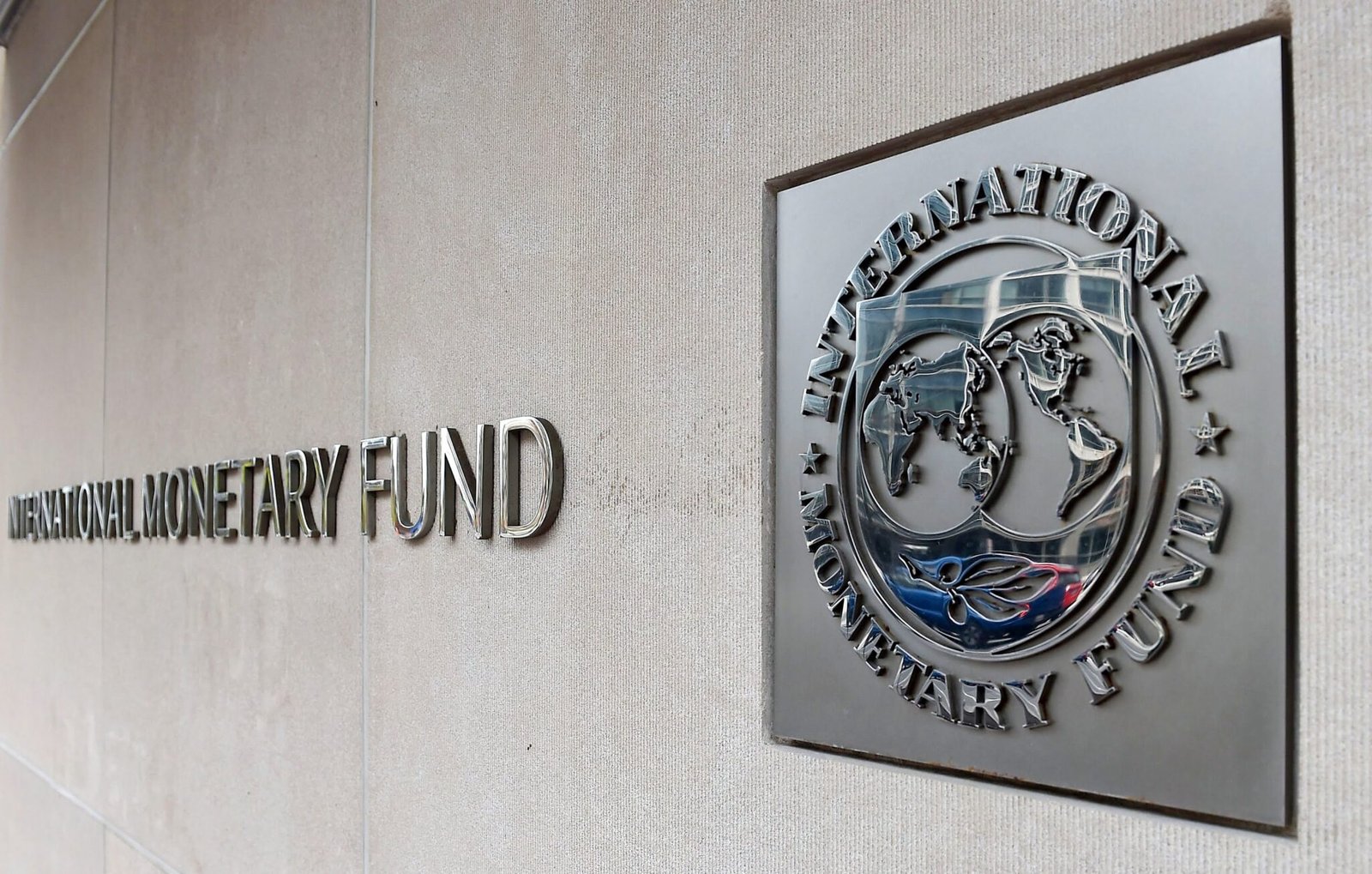The African Development Bank (AfDB) predicts Nigeria’s inflation rate will average 24.7% in 2025 before falling sharply to 17.3% in 2026, according to its African Economic Outlook 2025 report.
This significant decline in Nigeria’s inflation forecast is driven by monetary tightening, enhanced agricultural production, and easing global supply pressures, though sustained fiscal and structural reforms remain essential.
Inflation poses a major short-term challenge for Nigeria’s economy, fueled by exchange rate depreciation, soaring energy and food costs, and ongoing structural adjustments. On the growth front, Nigeria’s real GDP is expected to rise by 3.2% in 2025 and ease to 3.1% in 2026, reflecting downward revisions of 0.3 and 0.5 percentage points from prior AfDB projections.
Global economic headwinds, reduced demand from key markets like the U.S. and China, and financial market uncertainties are tempering Nigeria’s GDP growth outlook.
However, increased oil production, projected to reach 1.8 million barrels per day, and the Dangote refinery’s expanded local refining capacity are bolstering Nigeria’s external economic position.
Nigeria’s current account surplus, estimated at 9.2% of GDP in 2024, is forecast to narrow to 4.7% in 2025 and 3.9% in 2026 as global conditions shift and imports normalize. The fiscal deficit is projected to hover at 4% of GDP in 2025 and climb slightly to 4.2% in 2026, highlighting the urgency for improved revenue mobilization.
West Africa’s real GDP growth is expected to hold steady at 4.3% in both 2025 and 2026, though Nigeria, Ghana, and Sierra Leone will lag below the regional 5% threshold. Other West African economies, such as Senegal and Niger, are poised to outpace Nigeria, driven by robust domestic demand, new oil and gas projects, and agricultural value addition.
Risks to Nigeria’s economic outlook include geopolitical tensions, volatile commodity prices, slowing reform momentum, insecurity, and adverse weather events. Meanwhile, Nigeria recently approved a $500 million replenishment of the Nigeria Trust Fund (NTF) at the AfDB, extending its lifespan by 15 years to provide concessional financing to low-income African nations.
Established in 1976, the NTF is a self-sustaining, revolving facility managed by the AfDB to support development in economically challenged African countries.
AfDB President Dr. Akinwumi Adesina announced the NTF replenishment during the ongoing AfDB Annual Meetings in Abidjan, thanking President Bola Ahmed Tinubu and Vice President Kashim Shettima for their steadfast support.
Adesina stated, “To President Tinubu and Vice President Shettima, I am profoundly grateful for your support over the past two years and for graciously approving the $500 million NTF replenishment.” At the same meetings, UN Secretary-General António Guterres lauded Adesina’s visionary leadership, particularly the “High 5” agenda—powering, feeding, industrializing, integrating Africa, and improving quality of life, which has transformed millions of lives.
Guterres praised Adesina for tripling the AfDB’s capital base and steering bold responses to crises like COVID-19 while advancing solutions in clean energy, climate-resilient agriculture, and innovative financing.
Nigeria’s government aims to boost domestic revenue to 18% of GDP by 2030, up from 13% in 2024, through tax reforms that simplify structures, enhance compliance, and adjust rates.
Fiscal and tax policy changes are expected to fund critical infrastructure like electricity and transport, further driving Nigeria’s economic growth.
The Central Bank of Nigeria has raised financial sector capitalization requirements to build resilience, while concessional financing innovations are eyed to spur investment in high-growth, job-creating sectors.
As Nigeria pursues its trillion-dollar economy goal, the AfDB’s projections and support, alongside regional initiatives like the NTF, will be pivotal in shaping its economic trajectory.























